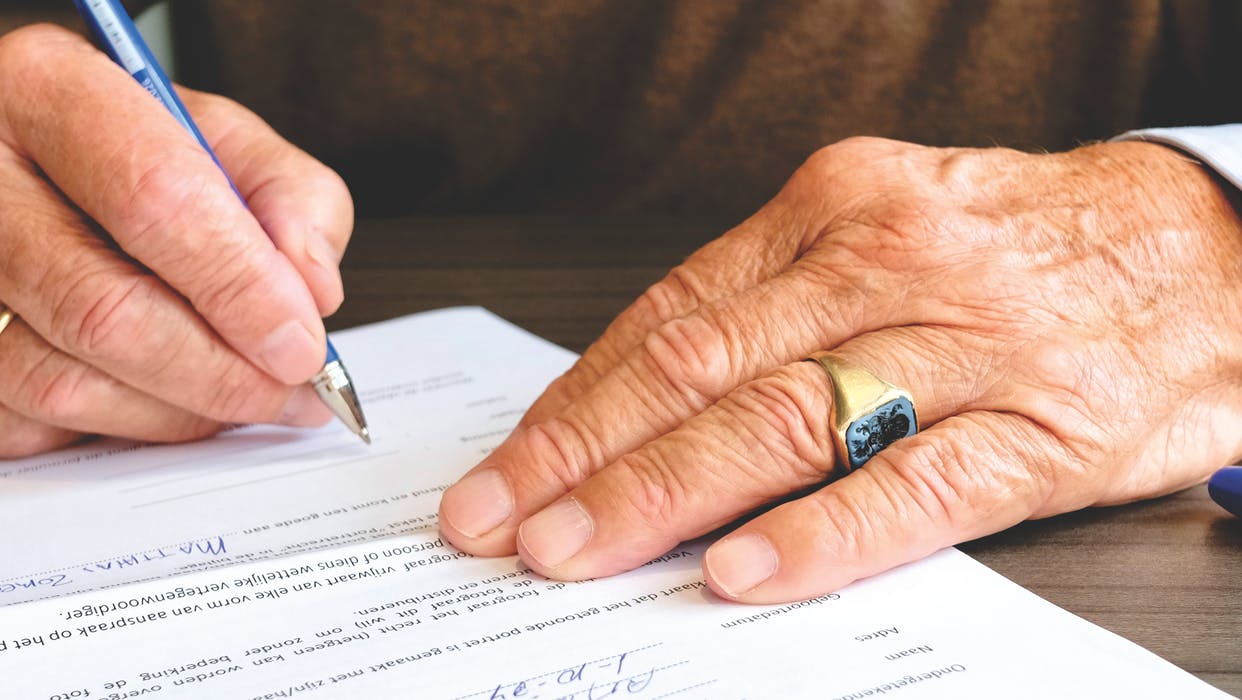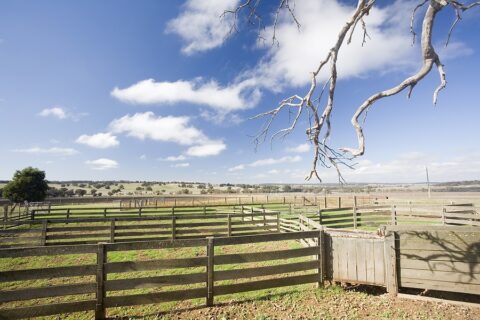There are four essential parties that are involved in the signing, declaration and distribution of a Will within the state of NSW.
This will begin with the testator, the participant who will be leaving behind assets of monetary and sentimental value.
Then there are the witnesses who are present to validate the process and see that the signature has been signed on the document.
The beneficiaries are the people who will be provided with the assets from the estate.
The executor of Will in NSW is the final party and arguably the most important when it comes to the management of the logistics of the exercise.
We will outline the exact nature of their role and demonstrate what activities they need to cross off their checklist.
1) Organising the Funeral
The executor of Will in NSW is the individual responsible for organising the funeral of the deceased. There are many examples where these arrangements will be assisted or overseen by other family members, but it must first involve the executor. It will involve a decision around burial or cremation. Then there are decisions around tombstones and invited parties for the funeral. The monies for the funeral will be paid from the estate and not from the executor’s own pocket. Once this phase has been carried out, the individual must obtain an official death certificate to be utilised for another phase.
2) Finding the Will
In order for the executor of Will in NSW to carry out their role correctly, he or she must first obtain the document itself. This might be left at the home, in the possession of a partner or close family member, or with a lawyer who has been given the duty of looking after the item. Wherever this document happens to be, it is the responsibility of the executor to ensure they find it before any further action can be taken on the subject.
3) Reaching Probate Status

No one is in a position to start the distribution phase of an estate if it has not officially received probate status. This is a part of the project that is overseen by the executor of Will in NSW. The Will alongside the appropriate certificates must be presented to the court within 6 months of the death. If this time period elapses, then an affidavit will need to be introduced explaining why there was such a delay.
4) Distributing Estate Assets
One of the key duties that the executor of Will in NSW has to manage is the distribution of the assets to the beneficiaries. This can involve a myriad of different elements, including accounts, property, artwork, vehicles, stocks and bonds, real estate investments and memorabilia and antiques that have sentimental family value. If there happens to be a contest to the Will, then the beneficiary will have to launch a family provision claim. If there is a challenge to the document to say that the actual certification is illegitimate, then further legal action will likely ensue.
5) Paying Estate Debts
When there are outstanding debts left in the name of the estate, it is the duty of the executor of Will in NSW to ensure that they are indeed paid off. Much like the funeral arrangements, these can be organised through the monies of the estate. There are examples where extra assistance is required if those monies do not pay off all of the debts that have been left outstanding.
The good news is that the executor of Will in NSW is able to receive support from other people who can do some of the heavy lifting with these activities. It is responsibility that should not be placed lightly on the shoulders of participants but there is assistance out there.







